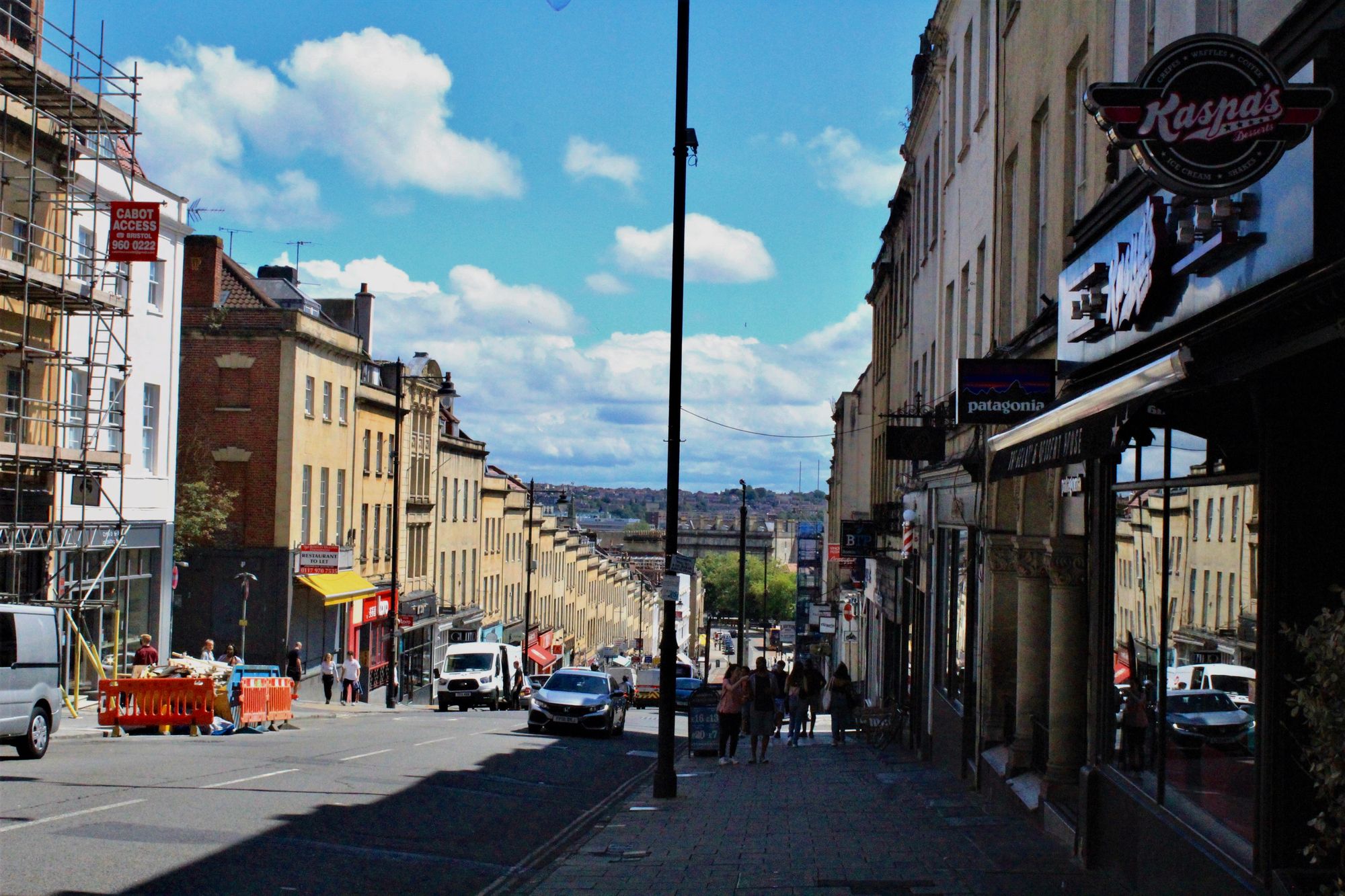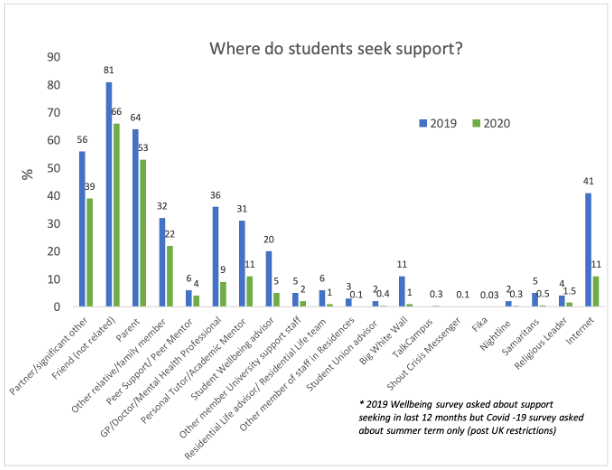By Louie Bell, Investigations Editor
The survey also found that two-thirds of undergraduate students reported much lower motivation to continue with their learning online.
Results from the University of Bristol’s Covid-19 Survey indicate that almost a quarter (24%) of students reported being ‘always’ or ‘often’ feeling lonely after lockdown began.
The University of Bristol’s Covid-19 Survey assessed the state of wellbeing as described by Bristol students themselves and sought to examine the experience of students during the initial impact of the Covid-19 pandemic.

The survey, which ran for three weeks in June and July, replaced the University’s annual Student Wellbeing Survey.
Whilst the survey did bring back a slightly higher response rate than the previous year’s survey, the response rate, at 13%, with only 3,693 students out of 27,513 registered students completing the survey, is still notably low.
The low response rate does therefore raise the question of how reflective the results are of the whole of the student body at the University.
In total, 37% of student respondents also reported symptoms of moderate to severe depressive symptoms, a decrease of 8% from last year.
37% of student respondents also reported symptoms of moderate to severe depressive symptoms
Other key findings show that ‘entrenched’ mental health inequalities persist amongst non-binary, LGBTQ+ and Black, Asian and Ethnic Minority University of Bristol students.
Students in marginalised groups showed higher incidences of poor wellbeing, with 76% of non-binary students reporting moderate to severe depressive symptoms.
The incidence of moderate to severe depressive symptoms was also higher among BAME students (40%) compared to White British students (35%).
Just over half (51%) of LGBTQ+ students have depressive symptoms contrasted with 33% of heterosexual students.
The proportion screening positive for depression also rose from 46% to 47%
In addition, female students consistently showed higher levels of depression and anxiety across three measures of wellbeing compared to their male peers.
One of the largest evident increases from 2019 was in students with a physical disability reporting anxiety or depressive symptoms (38%), a rise of 5% from last year.
The proportion screening positive for depression also rose from 46% to 47%.
With many students returning home and losing job opportunities as a result of the national lockdown, the survey also examined the level of financial stress reported by Bristol students.
Almost one in five (18%) of students reported ‘severe’ or ‘very severe’ worries about money
Almost one in five (18%) of students reported ‘severe’ or ‘very severe’ worries about money, with 25% reporting ‘moderate’ financial stress.
With some exceptions, levels of anxiety and depression were generally down in this year’s survey compared to the previous two years.
The report finds it ‘encouraging’ that students’ mental health appears not to have deteriorated during the Covid-19 pandemic in the short term.
The University appears to have been more effective in improving perception of its support services, with 38% of survey participants finding it ‘fairly’ or ‘very’ easy to access support, an increase of 5% from 2019.

However, over one in five students still found it ‘fairly’ or ‘very’ difficult to access support.
The education-related side of the report, meanwhile, found that 66% of undergraduate students reported much lower motivation to continue with their learning online, and 43% of students disagreed that the online format allowed them to learn and research effectively.
The timing of the survey is likely to have affected the result of the report, as it only summarises findings for the summer term, after Covid-19 restrictions were introduced.
Additionally, the survey took place after the end of the summer exam period, which is typically a period of heightened stress and anxiety for many students.
Crucially, there is no suggestion from the report that the results reflect the current state of student wellbeing following the restart of teaching in Teaching Block 1.
Many students have faced extensive self-isolation since returning to Bristol, and from Thursday will face a new national lockdown limiting the time spent outside and with friends and family.
66% of undergraduate students reported much lower motivation to continue with their learning online
In response to the survey’s results the University of Bristol has introduced the ‘Being Well, Living Well’ online toolkit. This includes practical tools and tips to help students feel settled, support their friends and manage their finances.
The University also says it is offering a range of virtual community building events to help students connect, and has also adapted its support services to provide 24/7 support via phone and online through the Wellbeing Access service.
The University also runs its Science of Happiness course online, with over 500 students and staff registered for the online version.
In response to the findings, Professor Sarah Purdy, Pro Vice-Chancellor for Student Experience, said: ‘We know that students’ lives, studies and access to support services have been significantly disrupted by the Covid-19 pandemic.
‘It was vitally important to capture feedback from students at the start of the summer given they’d just finished the academic year in quite unprecedented circumstances.
‘The findings from this survey have been crucial in shaping our response to the pandemic. Not only has it informed our approach to blended learning, with students saying how important face-to-face teaching is to their wellbeing, but it has highlighted the areas in which students need the most support.
Bristol University confirms it will continue with ‘blended learning’ during lockdown
Students to get minimum of two to three hours of in-person teaching a week next term, says University
‘While there are some encouraging findings around mental health and wellbeing, especially around the support we offer, it’s evident that the current situation has exacerbated feelings of loneliness and isolation.
‘Addressing this is a top priority for us as the pandemic continues to impact everyone’s lives.
‘We will continue to seek student feedback during these challenging and fast-evolving times to help ensure we’re supporting our students in the best possible ways.’
The survey this year was amended following the spread of Covid-19 to account for possible knock-on effects to students’ mental health during lockdown and for those self-isolating.
Featured Image:Flickr / University of Bristol
Featured Graphics: University of Bristol Covid-19 Survey Findings
What do you think of the results of the Covid-19 wellbeing survey?
Students can access the University’s wellbeing support services here







